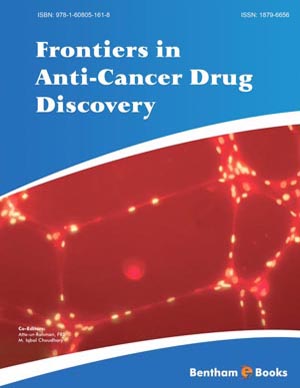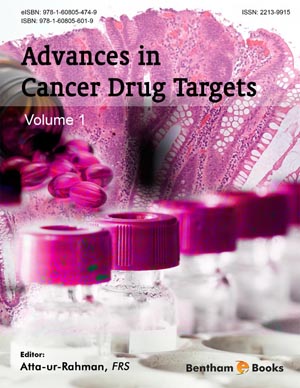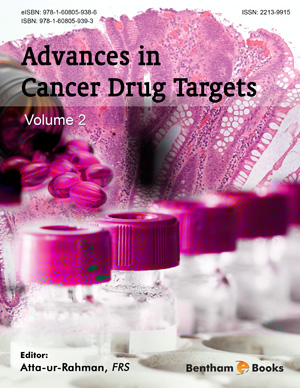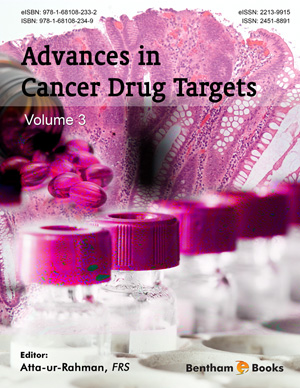Abstract
Thymidine phosphorylase (TP), also known as platelet derived endothelial cell growth factor (PD-ECGF), is an enzyme involved in thymidine synthesis and degradation and exerts an angiogenic activity. On the other hand, N4 – pentyloxycarbonyl-5'-deoxy-5-fluorocytidine, commonly called capecitabine (CAP), is a thymidine phosphorylase (TP) activated oral fluorpyrimidine, which generates 5-fluorouracil (5-FU) within tumors. In addition to this classical antitumor activity, recent studies suggest that CAP may act as an antiangiogenetic molecule. In this way the assessment of tumor microvessel density (MVD) in terms of endothelial cells positive to TP may identify the most vascularized tumor sensitive to CAP. This review article will summarize: (i) the biochemical activity of tissue expression of TP; (ii) the pharmacological profile of CAP as an anticancer compound and the central role of TP in its activation; (iii) the potential antiangiogenetic role of TP- activated CAP in tumors.
Keywords: Angiogenesis, anti-angiogenesis, tumor progression, thymidine phosphorylase






















